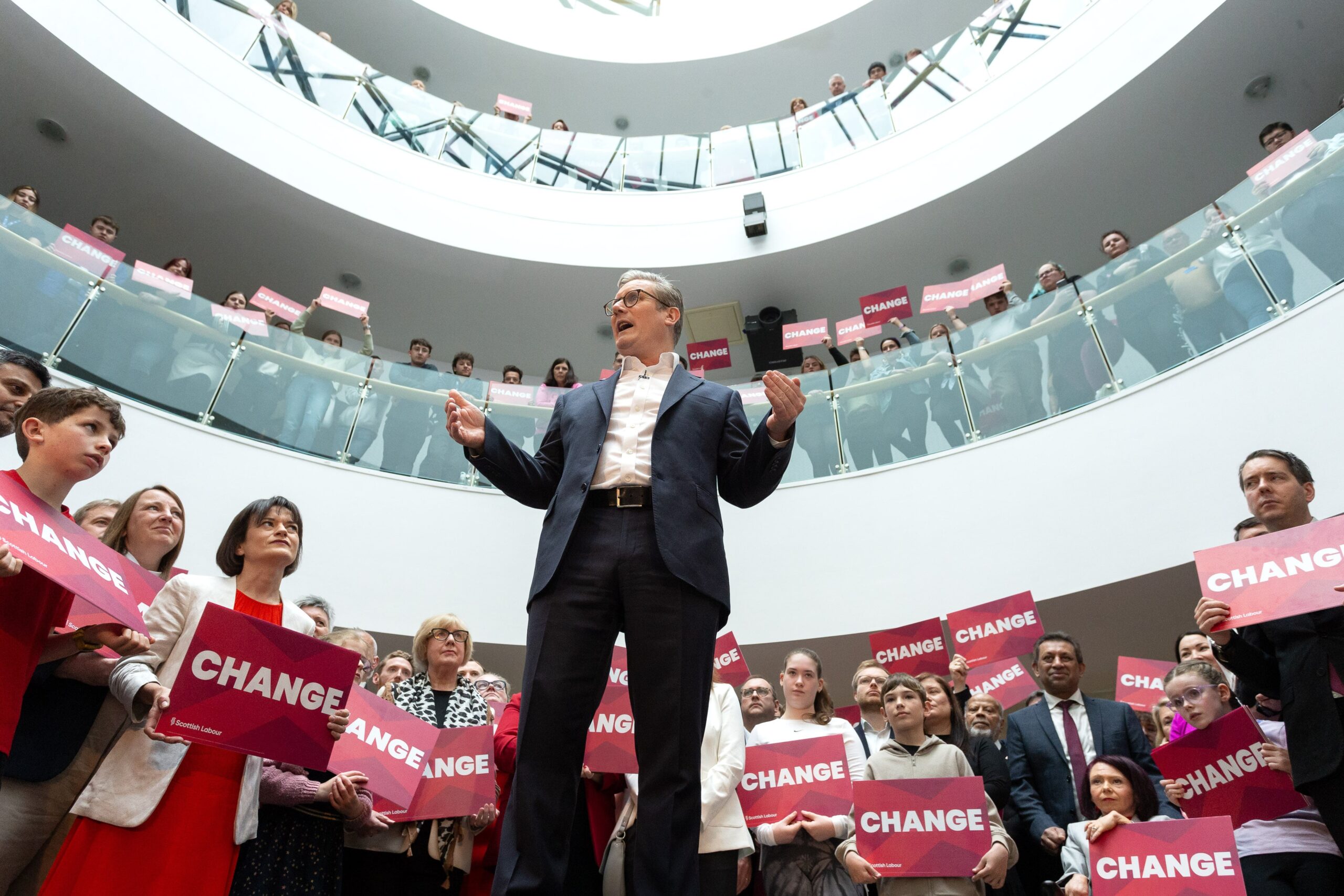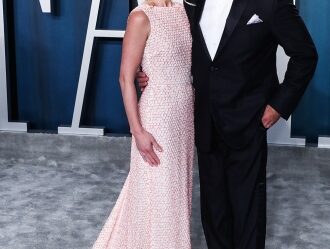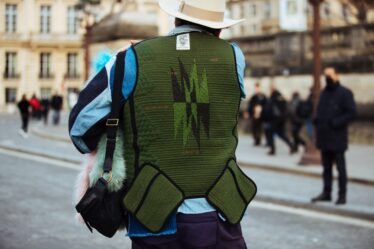
Voters head to the polls this week in elections that will determine the political future of two of the most important countries for the global fashion industry.
In the UK, there is little suspense other than the size of the Labour majority after the July 4 election. Forecasters are predicting anywhere from a drubbing to a historic wipeout. British voters clearly want change, but on some of the fashion industry’s key issues there’s a surprising degree of continuity between Tory and Labour positions.
The likely incoming government has indicated it won’t repeal the “tourist tax” on purchases by visitors to the UK, which has reduced the country’s appeal to international luxury shoppers since its introduction in 2021. Labour leaders have also reportedly met with Shein and support the fast fashion giant’s London initial public offering, while resisting calls to close an import loophole that helps the retailer keep prices low. Undoing Brexit is similarly off the table.
The most tantalising change, perhaps, is the promise that the fifth prime minister in as many years can bring political stability.
France’s election is another matter entirely. The country holds its first round of polls on Sunday to determine the makeup of the National Assembly, with a second round to take place on July 7. Marine Le Pen’s right wing National Rally is expected to receive a plurality of votes in round one, but Europe’s second biggest economy’s future will be determined by the size of the party’s lead, and how its rivals fare. Pundits say both the far left and far right have a path to power, with President Emmanuel Macron’s centre-right alliance having a fighting chance as well (Macron, who called the election after the right’s surprisingly robust performance in European elections earlier this month, has pledged to remain in office through the end of his term in 2027).
What does any of this mean for fashion? French stocks have fallen sharply since the election was called, and bond yields have spiked, both signs that investors are concerned about how the economy would fare in a new, more uncertain political landscape. Golden Goose cited market turmoil in its last-minute decision to pull its initial public offering on June 18. A strong showing by the National Rally or the leftist New Popular Front would likely be bad news for French luxury conglomerates LVMH and Kering, and their billionaire owners; both parties have promised to raise taxes on the wealthy to pay for their agendas.
The Week Ahead wants to hear from you! Send tips, suggestions, complaints and compliments to brian.baskin@businessoffashion.com.



